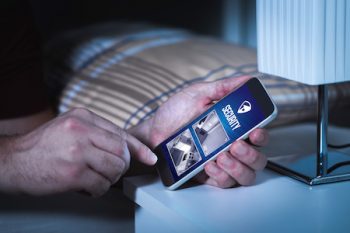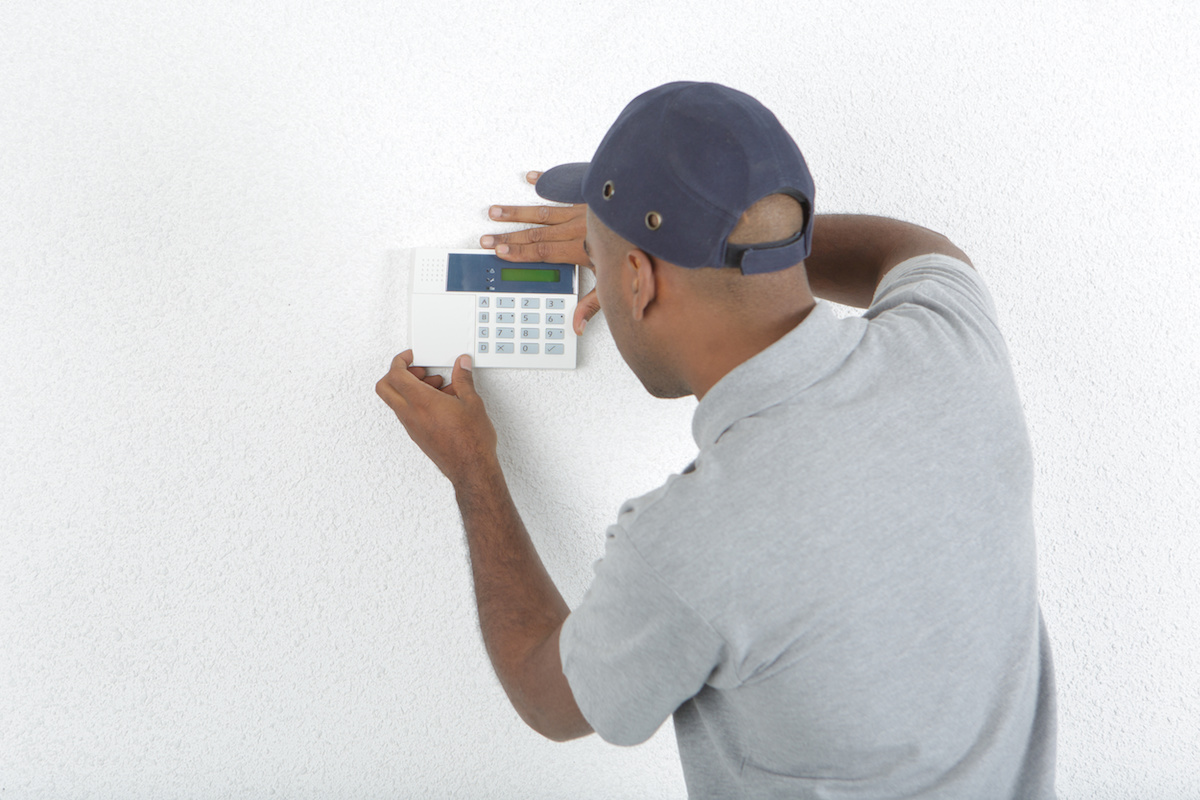Looking for a Home Security System?
So much has changed in the last year that it’s entirely understandable that you might be looking for new ways to keep your property and family safe. However, if you’ve never had an alarm system before, the sheer amount of information out there can be overwhelming at first. You can always call us here at Metro Lock & Safe with any questions you have about home security systems, but here’s some information to cover the basics first.
How Home Security Systems Work
A home security system, no matter the type, works on the basic principle of securing any entry points to the home as well as any areas inside the home that contains valuables such as art, computers, guns, and jewelry. Regardless of your home’s layout, the only real difference between different home security systems is the number of security components deployed.
What Does a Typical Home Security System Include?
The typical home security system includes the following:
- A control panel. A control panel is the primary controller of the security system.
- Motion Sensors. Typically, there are interior and exterior motion sensors.
- Door and window sensors. We generally recommend that you have sensors on every door and window in the home.
Additionally, most home security systems work alongside a monitoring service provided by a home security company. This security monitoring allows for emergency police dispatch to your home in case of a break-in.
Alarm Panels
 Which alarm panel should you choose? There are a few different options to choose from. Traditional alarm panels plug into a wall and have a circuit board for us to plug in any hardwired components of the security system. There are also wireless options available. Alarm panels require wire to run from the panels to any keypads or sirens (or lights) installed.
Which alarm panel should you choose? There are a few different options to choose from. Traditional alarm panels plug into a wall and have a circuit board for us to plug in any hardwired components of the security system. There are also wireless options available. Alarm panels require wire to run from the panels to any keypads or sirens (or lights) installed.
There’s also an option to install an “all-in-one” alarm panel. These panels don’t require any hardwired components and include a siren on the panel itself. These panels are typically the most user-friendly as well. In residential settings or a small office, an all-in-one alarm panel can work incredibly well. However, in certain commercial settings, it may be more appropriate to restrict access to the alarm panel and have the keypads and panel in separate locations.
Door and Window Contacts
The most basic security system includes contacts on every exterior door. That way, you are alerted any time a door opens to the outside. However, from there, we can put contacts on windows, or we can add motion detectors for added security. A basic home security system may include contacts on exterior doors and motion detectors to watch for activity in specific areas. However, many customers opt to arm each window individually as well. Also, motion detectors aren’t a great idea if you have large pets or multiple pets.
Additional Sensors
In addition to motion sensors and door contacts, you have a few more options when it comes to additional sensors. For example, glass break sensors will alert you if a window breaks. Sensors with extra radio frequency range can allow customers to secure other areas on the property such as an outdoor shed or a garage door. Shock sensors detect a person attempting to break in through a window before the glass breaks. For more information about additional features for home security systems, call the experts at Metro Lock & Safe!
What About False Alarms?
Dual technology sensors are the best option for reducing false alarms. That way, the audible alarm only goes off if both sensors at a location are tripped. This greatly reduces the number of false alarms and saves your sanity!
The Benefits of a Home Security System
In our humble opinion, there’s nothing quite as relaxing as an armed security system and the knowledge that you are safe in your own home. Detection systems range, depending on your requirements form your home alarm system. You can choose whether you want an audible alarm or a strobe light when it comes to your security alarm. Many home alarm systems hook into a phone line so that you are protected in the event of a power outage and the alarm signal can still reach the security monitoring service. In the case of a false alarm, you typically provide personal information and a password that you decide when you sign up for the service. Flashing lights can scare away intruders, but a security monitoring service can contact authorities for an emergency response to your home if any of your alarm devices sense a breach in security. The peace of mind that comes with having a home security system is definitely worth it.
No Phone Line? No Problem.
While many monitoring systems work off of phone lines, we understand that a lot of people don’t have a home phone line due to the prevalence of cell phones. We can work with you to find a security alarm that will work for your needs, whether that involves installing a phone line or not. We help with all aspects of smart home alarm installation, including mounting the panel and setting up the motion detectors, window and door contacts, and even wireless sensors (if that’s the way you want to go). Get started on your new home security system today and call the professionals at Metro Lock & Safe!

